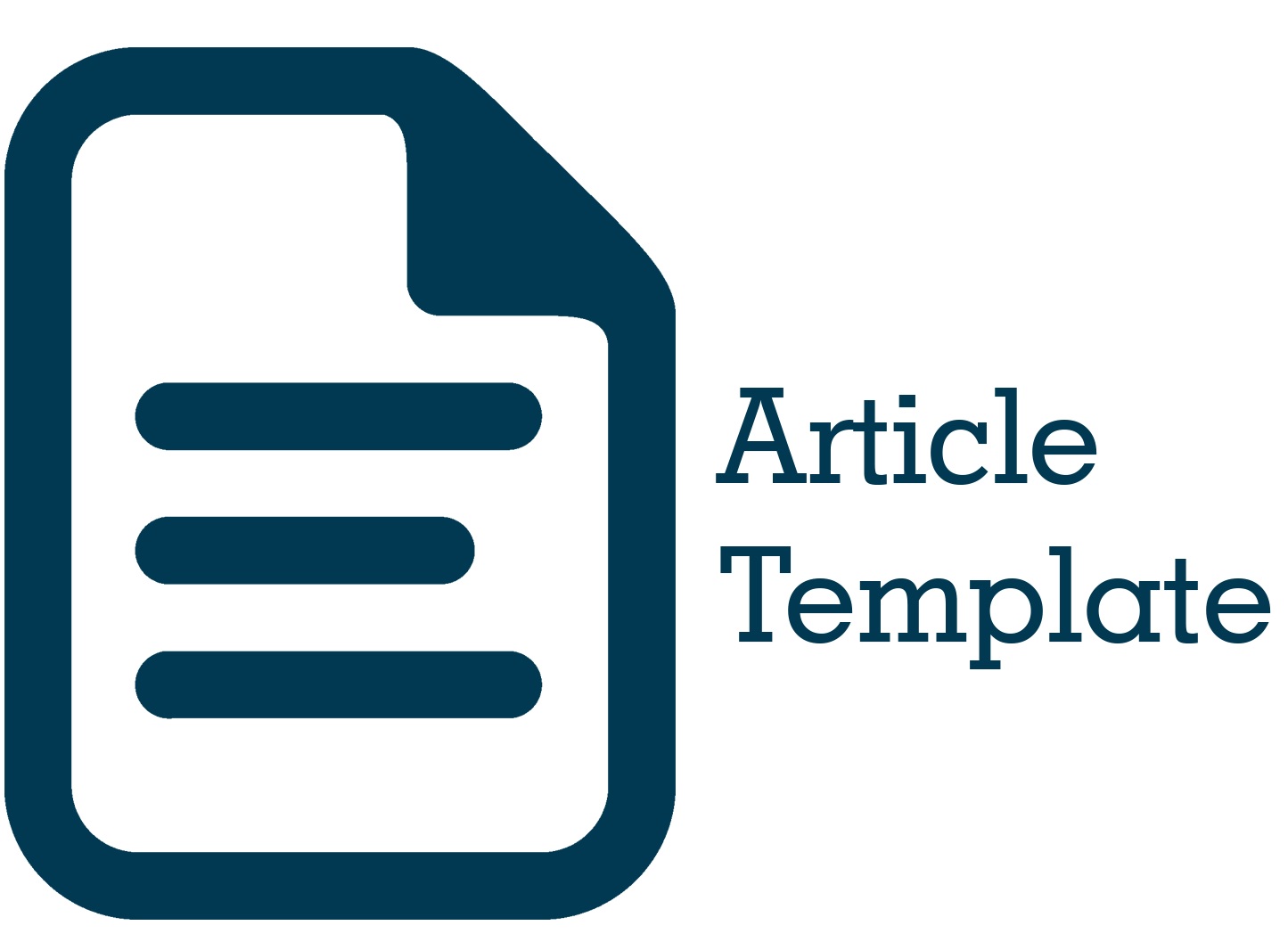Akuntabilitas Pemerintah Daerah Dalam Memfungsikan Pasar Modern
DOI:
https://doi.org/10.51135/PublicPolicy.v2.i2.p206-224Keywords:
Accountability, Regional Government, Modern MarketAbstract
Local Government Accountability is one of the indicators in realizing Good Governance or good governance. The background of this research is the emergence of indications of the phenomenon, namely the Sorek modern market which has not been managed and functioned properly, this shows that the accountability of the Pelalawan Regency government has not been maximized. This study aims to determine the accountability of the Pelalawan District Government in the functioning of the Sorek modern market and to determine the factors that hinder the accountability of the Pelalawan District Government in the functioning of the Sorek modern market. This study uses a purposive sampling technique with a qualitative descriptive approach with case study methods and the required data, both primary and secondary data obtained through observation, interviews, and documentation, for further analysis. This study uses the dimensions of accountability according to GS Koppell. The results of this study indicate that: first, the accountability of the local government of Pelalawan Regency in the functioning of the Sorek modern market in Pangkalan Kuras District, Pelalawan Regency has not run optimally, because there has been no real action from third parties. and the Pelalawan District Government. Second, the inhibiting factors in implementing the policy are communication between local governments and third parties, cooperation partners, and the inaccuracy of local government strategies.
Keywords: Accountability, Regional Government, Modern Market
Downloads

Downloads
Published
How to Cite
Issue
Section
License
Authors whose manuscripts are published in the Journal of Public Policy must agree to the following terms;
- Publication rights for all manuscript materials published are held by the editorial board with the author's consent.
- The legal formalities for digital access to the Journal of Public Policy are subject to the Creative Commons Attribution Sharealike (CC BY SA) license, which means the Journal of Public Policy has the right to store, redistribute, reformat, manage in a database, maintain, and publish the manuscript without seeking permission from the author as long as the author's name is included as the copyright owner.
- Published manuscripts are open access for the purpose of disseminating research results. Besides this purpose, the editorial board is not responsible for copyright law violations.


.png)



